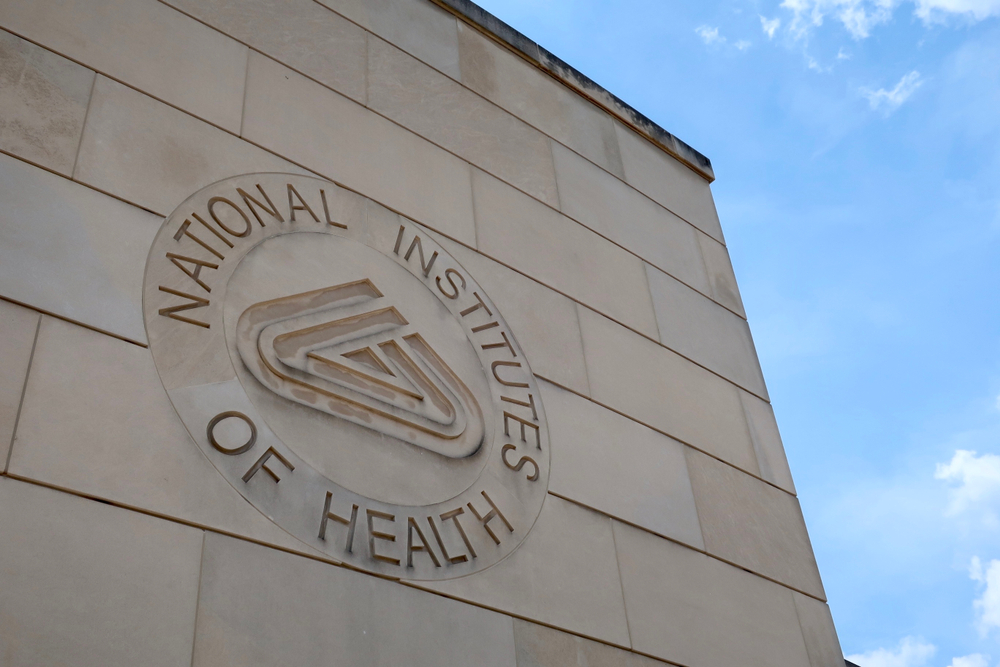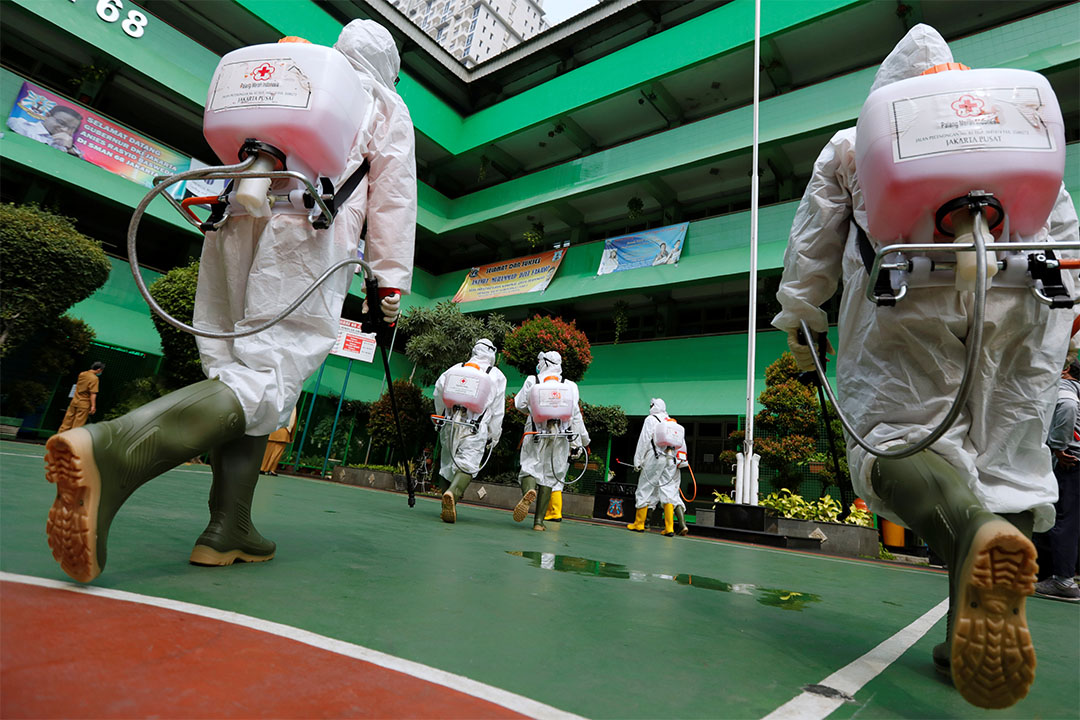
In a remarkable display of urgency, researchers are already developing more than 100 treatments and vaccines to stem the COVID-19 pandemic. But some onlookers worry the sprawling effort could waste time and resources on duplicated studies and weak candidates. So, last week, the National Institutes of Health (NIH) and 16 drug companies announced an effort to impose some order.
In one key activity, the Accelerating COVID-19 Therapeutic Interventions and Vaccines (ACTIV) initiative will inventory drug and vaccine candidates and decide which should get priority for U.S. funding and testing in humans. The top-rated compounds will get preferred access to NIH's $1.8 billion pot of COVID-19 research money, as well as to a dozen or more NIH clinical trial networks originally set up for other diseases. ACTIV also aims to streamline trials by establishing "master protocols" for assessing a drug's efficacy. The public-private partnership will "bring all the full resources and ideas together in a variety of ways that neither sector could do alone," NIH Director Francis Collins said.
NIH says ACTIV is primarily focused on the United States, but it will work with the European Medicines Agency and other COVID-19 research coordination efforts around the world to avoid duplication.
One major player is noticeably absent from the list of ACTIV's partners: the World Health Organization (WHO), which is coordinating a large global trial of several drugs called SOLIDARITY (Science, 27 March, p. 1412). WHO Chief Scientist Soumya Swaminathan says her agency welcomes ACTIV, especially to develop treatments. For vaccines, she says WHO is well-positioned to coordinate global trials. "The best and most efficient way would be to consider one large global study which would look at different vaccine candidates," she says. NIH says ACTIV will take WHO's programs into account as it seeks to accelerate studies.
With reporting by Jon Cohen and David Malakoff.
COVID-19 Update: The connection between local and global issues–the Pulitzer Center's long standing mantra–has, sadly, never been more evident. We are uniquely positioned to serve the journalists, news media organizations, schools, and universities we partner with by continuing to advance our core mission: enabling great journalism and education about underreported and systemic issues that resonate now–and continue to have relevance in times ahead. We believe that this is a moment for decisive action. Learn more about the steps we are taking.










